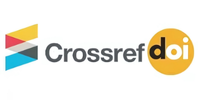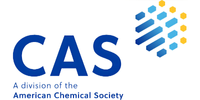Peptide-Based Therapeutics in Fungal Infections: Challenges and Innovations
DOI:
https://doi.org/10.63785/cpr.2025.1.1.98115Keywords:
Peptide-based therapeutics, antifungal, bioavailability, membrane disruption, antimicrobial peptides, drug delivery systems.Abstract
In light of the growing resistance to antifungal medications, peptide-based therapies have become a viable substitute for treating fungal infections. These peptides, derived from various natural sources or synthesized in the laboratory, exhibit unique mechanisms of action, such as membrane disruption, inhibition of fungal metabolism, and modulation of immune responses. Despite their potential, several challenges remain, including issues with stability, bioavailability, and selectivity. Advances in peptide design, including the cyclization and the addition of artificial amino acids, have improved their therapeutic properties. Additionally, novel delivery systems, such as nanoparticles and liposomes, are being explored to enhance the efficacy and targeted delivery of these peptides. This review explores the characteristics, applications, and challenges of peptide-based antifungal therapies, while also discussing recent innovations in the field. With continued research and development, peptide-based therapeutics could offer a significant contribution to the treatment of fungal infections.
Downloads
Published
Issue
Section
License

This work is licensed under a Creative Commons Attribution-NonCommercial 4.0 International License.






